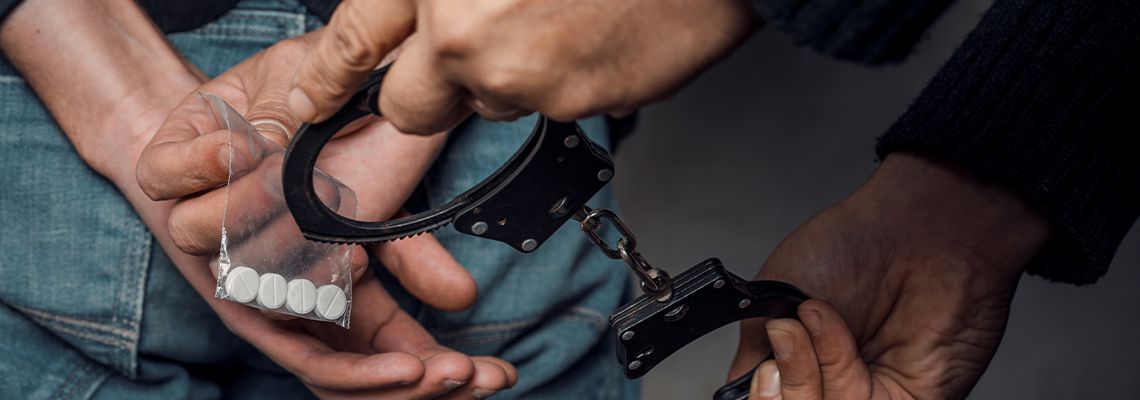When someone is facing drug possession charges in Iowa, the quantity of the drugs involved can significantly influence the severity of the charges and the potential penalties. Drug laws in Iowa are strict, and penalties increase with the amount of the controlled substance in question.
Improve Safety During Iowa Motorcycle Season
During June, July, and August, Iowa roadways gain an increase in the presence of motorcyclists. In fact, beginning in spring as the snow melts and the weather warms, many motorcycle enthusiasts cannot wait to get on the road. All riders are obligated to carry a motorcycle license and to adhere to traffic laws, especially those specifically regarding motorcycles. If you’re an operator or passenger, you’ll want to follow all safety recommendations to reduce the chance of collision and injury.
Whether you’re operating a motorcycle or riding as a passenger, there’s little to nothing you can do about another motorist’s behavior on the road. An operator might be able to create distance between his or her motorcycle and another vehicle if the other driver is exhibiting dangerous behavior; however, that’s not always possible.
Motorists Can Help Motorcyclists and Their Passengers Stay Safe
Iowa motorists can take precautions to help reduce their chances of colliding with a motorcycle on the road. If you’re behind the wheel of a car, keep these things in mind to help motorcyclists stay safe:
Ask your passengers to tell you when they see a motorcycle in the roadway, in case you have not noticed it.
Allow extra time and space for motorcycles because it’s easy to misjudge distance and speed.
Always make sure your mirrors are in a good position to see other vehicles.
If you’re exiting a parked car near traffic, always use extreme caution, in case a motorcyclist is passing by.
Pause before proceeding if a motorcyclist has a turn signal on because the signal may not match his or her actions.
These are just a few ways to help improve safety when you share Iowa roads with motorcyclists.
If You’re a Motorcycle Operator or Passenger Who Gets Hit
Sadly, many Iowa motorcycle collisions are fatal. If you survive getting hit by another vehicle, you may be in for a stressful recovery, especially if your injuries are severe or life-threatening. Due to your exposure to the open air on a motorcycle, the force of a collision might eject you from your seat or cause you to hit a hard surface, which may cause a traumatic brain injury (even if you’re wearing a helmet) or injuries to your neck, spine or internal organs.
In such situations, you would no doubt rely heavily upon first responders and other rescuers to get you to the nearest hospital that is equipped to handle your injuries. You may also need extensive medical care in the months following the collision, perhaps, including surgery, physical therapy, or home nursing care. Such care is expensive, which is why state law allows recovering accident victims to seek compensation for damages in court.
RECENT POSTS
Constructive possession is often used in situations involving shared spaces, such as cars, homes, or apartments. It can be a highly contested issue in court, as it relies on circumstantial evidence and interpretation of a person’s proximity, knowledge, and control over the location where the drugs were discovered.




